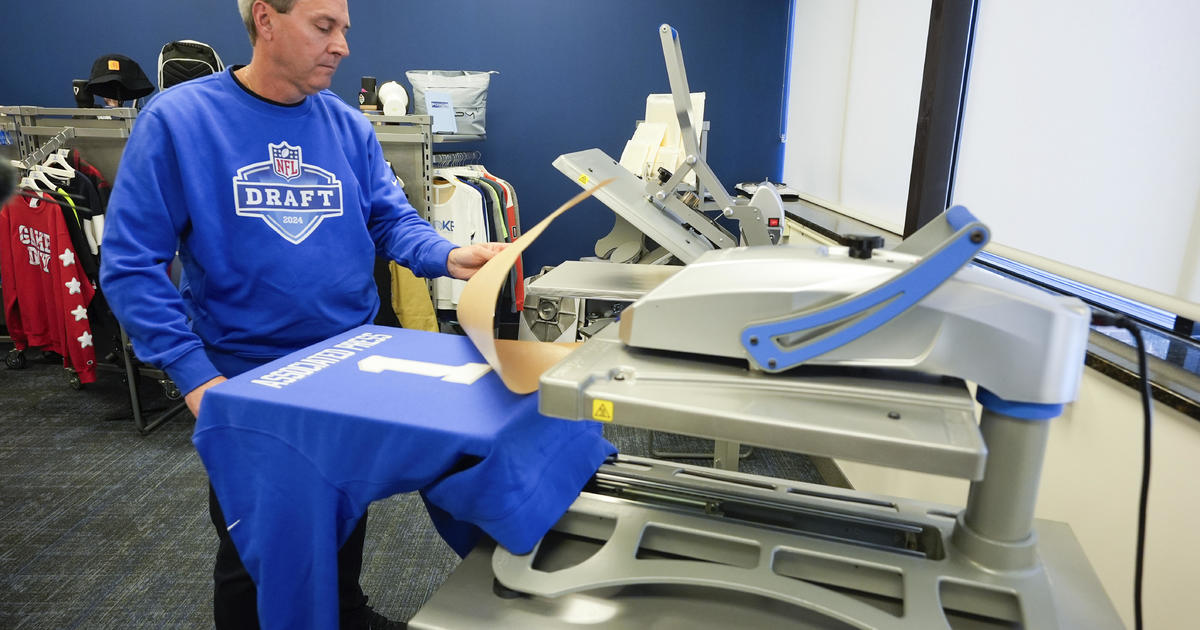UM Conference: Michigan Should Build America's Green Power
Michigan has major opportunities in manufacturing the components of a green energy future.
Evidence of that could be found Thursday at the University of Michigan, where 350 people packed the Michigan League Ballroom for "Revitalizing Innovation in Michigan for Clean Energy Manufacturing," a two-day conference sponsored by UM's Phoenix Memorial Energy Institute.
Keynoter Henry Kelly, acting assistant secretary of energy for energy efficiency and renewable energy, said he thought Michigan had tremendous opportunities in building the components of wind, solar, battery and biomass.
He said the Obama administration remains intent on pursuing clean energy growth, including solar power price parity with the grid and a million new hybrid vehicles on the road.
Former state energy czar Skip Pruss, now with 5 Lakes Energy LLC, noted that clean energy investment totaled $243 billion in 2010, up from $196 billion in 2009.
"By 2020 it will be a trillion-dollar annual investment, and it will keep accelerating," Pruss said. "What we want to do in Michigan is to capture as much of this opportunity as we can."
He said Germany taken a global lead in clean energy -- in fact, clean energy now employs more than 300,000 people in Germany, more than its auto industry.
A panel on financing green energy business growth was critical of both the venture capital community and some of the former Granholm administration's efforts in green energy promotion. Moderator Tom Henderson of Crain's Detroit Business said Michigan Economic Development Corp. press releases sometimes made "fantastical" claims about job creation that could only occur in a "perfect world" and frequently didn't occur at all. And Chris Rizik of the Renaissance Venture Capital Fund said the tax credits handed out by the Granholm Administration "didn't hit the budget immediately, it hits somebody else's down the road. And that comes with a really high cost down the road."
Going forward, Rizik said he said he hoped for more "transparency" and immediate assistance out of the Snyder Administration. He said state economic development officials' role in the future will be to find best practices in various communities around the state and replicate them as much as to hand out tax credits.
David Danielson of the Defense Advanced Research Projects Agency said the state indeed has an important "convening, connection role" in renewable energy and advanced materials -- and especially in energy efficiency technology, which he said federal agencies are more interested in than renewable power generation.
Other panelists noted tha the state unfortuantely had to play the tax credit game because other staets and countries play it.
Another panel of manufacturers and power producers, including Dow Chemical Co. and DTE Energy, agreed that advanced energy conservation technologies are just as important as green generation -- and can be made in Michigan.
In a panel on innovation, Jeff Metts, CEO of Eaton Rapids-based Dowding Industries and Astraeus Wind Energy, said the blanket statement that "wind is more expensive than coal" to generate electricity will soon go down in ridicule like statements that people will never fly.
"The answers are sitting in this room today and if we could work together enough and talk with each other enough and trust each other enough we will get there very quickly," Metts said.
He said his company is working with China on new technologies to make super-long wind turbine blades -- longer than 40 meters (125 feet).
Steve Busch of Energetx Composites, a Holland spinoff of the boat builder S2 Yachts, said his company has kept West Michigan workers on the job as the recession hit demand for boats. It builds composite materials for electric vehicles and wind energy. "Michigan is uniquely situated for this opportunity," Busch said. "We have the best manufacutring capacity, the best people for manufacturing and the best people for engineering. It's important that we keep new engineers in Michigan as we go through this revitalization."
He said his company has partnerships with the University of Michigan and Grand Rapids Community College for aerospace engineering and advanced composites.
He also defended the role of government in innovation, asking where so many technologies would be without NASA. And he called the state's Renewable Portfolio Standard, which requires 10 percent of state utilities' power to come from renewables by 2015, "anemic."
Lance Tennant of Grand Rapids-based Cascade Engineering, described his firm's evolution from a plastics maker into a wind energy builder. And he too called the state's RPS merely "a good start."
And Gregory Bausch of Hemlock Semiconductor Corp., a subsidiary of Midland-based Dow Corning Corp., described his company's work in making the silicon-based guts of both electronics and solar cells.



